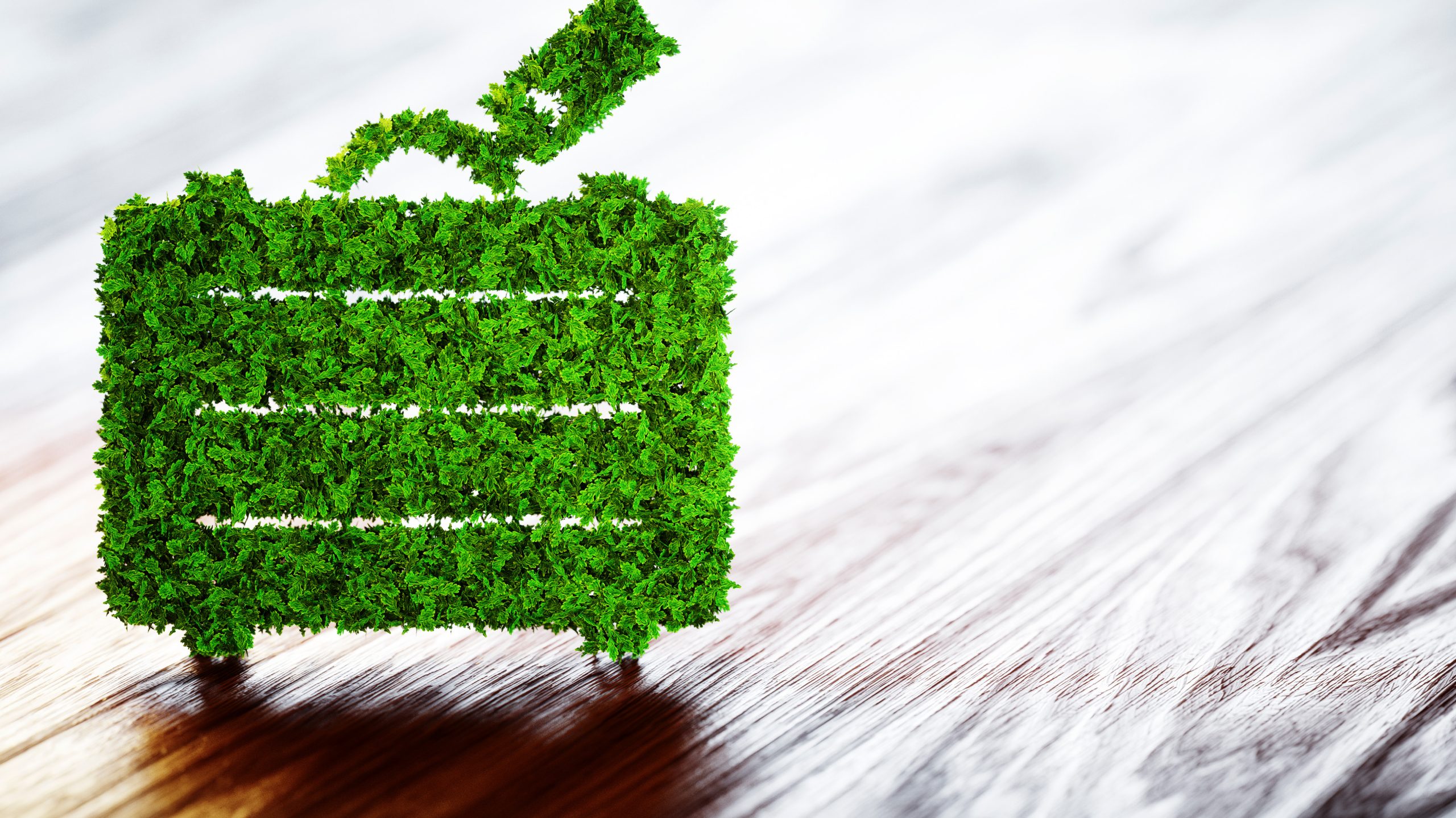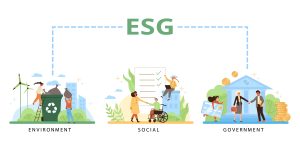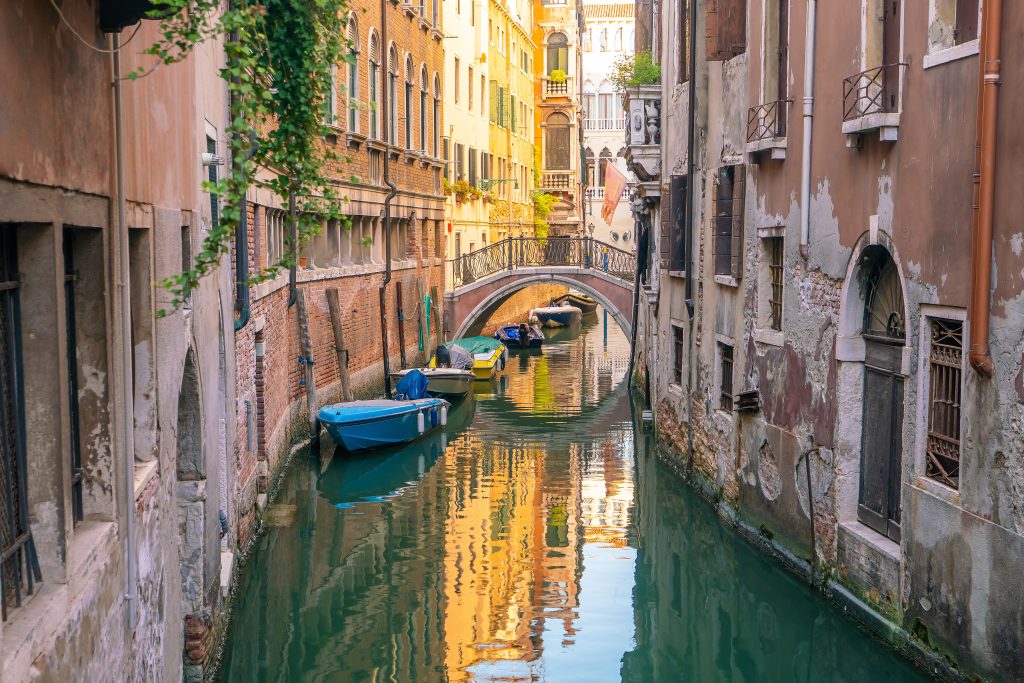


As a Glion Lecturer, Katharine Le Quesne uses her subject matter expertise to help students navigate the complex and multi-faceted issue of sustainability in hospitality real estate. In this exclusive thought leadership piece, she shares must-know insights on this critical topic…
From whichever angle you look at it, the hospitality industry seeks to be a positive force. It exists to bring pleasure and enjoyment, and whether you are staying in a hotel for business or leisure the nature of the product is to deliver comfort and convenience.
The industry also delivers from an economic and social perspective, creating jobs both directly as well as indirectly through the businesses that serve visitors drawn to a tourism destination. It also provides a platform not just for economic growth in the developing world but also for economic diversification – witness the huge investment in tourism infrastructure across oil-producing countries in the Middle East.

In addition, something which I believe has come to the fore post-pandemic is that hospitality is a superb industry in which to develop soft skills – teamwork, conflict resolution, problem solving, etc. These are all incredibly hard to learn sitting in front of a computer and they will be a great asset in this age of artificial intelligence (AI), which is sure to put a premium on human-to-human interaction.
It doesn’t matter if you are working on the front desk, in housekeeping or in maintenance, you are required to interact with hotel guests. We’re a sociable, hospitable crowd. It makes hospitality a hugely attractive industry from the perspective of developing transferable skills.
As an industry, we also possess a very under-utilized superpower – community development. This skill is actually far more powerful than building bricks and mortar. As employers, service professionals, event managers, experience curators – and more – we have an opportunity to deliver positive social and economic impact.
So, as an industry we have lots to be proud about. At the same time, we have to acknowledge that our license to operate – and more directly our ability to operate – is going to depend on how we approach the task of becoming more environmentally sustainable.

“As an industry we have lots to be proud about. At the same time, we have to acknowledge that our license to operate – and more directly our ability to operate – is going to depend on how we approach the task of becoming more environmentally sustainable.”
Katharine Le Quesne
The regulators are coming
We are seeing legislation being put in place across the world, but especially in the United States, Europe and other areas of the so-called ‘Global North’, to try to curb ‘greenhouse gas’ emissions, and thereby reduce global warming to 1.5 degrees Celsius above pre-industrial levels.
Unfortunately, lack of leadership and urgency globally means this target looks unlikely, according to climate scientists. However, below two degrees Celsius is achievable, if we act fast. This compels the hospitality industry to understand, measure and then control the emissions we generate. If we don’t act, the financial, social and legislative fall-out will be significant. For example, discussions are advancing for countries/industries with high emissions to pay climate reparations. This risk, coupled with legal commitments made at several global climate summits, is driving regulatory activity.
As an example, in July this year we saw the release of detailed standards for the EU’s Corporate Sustainability Reporting Directive (CSRD), aimed at creating fuller and more transparent reporting of social and environmental issues across the bloc. This will replace the Non-Financial Reporting Directive (NFRD) and will apply to substantially more businesses (more than four times the number to circa 50,000).
Large companies in scope, including subsidiaries of some non-EU entities, will have to report on their Environmental, Social and Governance (ESG) practices from 2025 onwards, beginning with the financial year 2024. This is the next phase of sustainability reporting legislation, aimed at meeting Europe’s target of net-zero by 2050 and will extend over time to more businesses of a certain size operating in the EU, wherever they are headquartered.

Regulations like the CSRD cover multiple dimensions of ESG performance, but to illustrate the point let’s focus on energy. For a hotel investor or operator, this particular challenge is intensified by the need for it to be tackled across three dimensions. First, there is how the asset is actually built, in terms of its inherent energy efficiency; second, is the hotel being operated in a manner that minimizes emissions as far as possible? And third, how sustainable and ‘clean’ is the energy being used to power the asset?
All three of these elements are largely within an investor/operator’s control. And with the current high price of energy in many markets it makes good business sense to reduce energy usage, alongside the obvious environmental benefits. I’ll talk about some of the practical ways hoteliers can achieve this in a future article.
But there’s an added dimension in the form of Scope 3 emissions; and this is a challenge which is going to be much tougher for the hotel industry to get to grips with. Scope 3 emissions are those that a hotel is not directly responsible for – what we might call the ‘upstream or downstream’ emissions. Examples of these emissions could be: guest/staff/supplier transportation to the property; and product manufacturing of goods consumed on property (e.g. imported F&B).
As an example, If I run or own a hotel in Europe and I’m importing much of my F&B or FF&E equipment, there’s a carbon cost associated with that. Or if I’m operating a luxury resort on a remote island and my guests arrive via a long haul flight and helicopter transfer, these associated emissions need to be accounted for.
We are at least starting to see Scope 3 emissions acknowledged by operators in their sustainability reporting, but our reliance on CO2-emitting transportation is the ‘elephant in the room’, frankly, for our industry and, as yet, there is no magic bullet solution to this challenge.

What we learned from the pandemic
Although it’s not an experience any of us would wish to go through again, the Covid pandemic did yield unprecedented data from which to gauge the impact our traveling, manufacturing and consuming has on the planet. In terms of the former, we saw some remarkable things, like the return of dolphins to the canals of Venice and a clear dip in global atmospheric CO2 levels. Of course, the solution is not for Venice to dismantle its tourism industry permanently; but it does show that our planet has the potential to heal itself if circumstances allow.
From a hotelier’s perspective, the other huge factor in this equation is the consumer, i.e. the hotel guest. Here the picture is far from black and white, because the hotel consumer base is gloriously diverse.
Even among the younger generations we do not find a homogenous picture. I would say that Gen Z have in general been more socially and environmentally proactive than previous generations; but there is anecdotal evidence that some late Gen Zs and early Gen Alphas have lost confidence in our ability to solve the climate crisis – they were told many things, but they have not seen committed action. That’s not a good legacy for today’s leaders.
So it’s a nuanced picture. Some operators have successfully targeted guests who want a measurably more sustainable, low impact experience and are happy to pay a premium. The choice is definitely increasing. That said, there will always be a proportion of guests who will not trade the trappings of comfort and luxury in order to make their stay more sustainable, so sustainable practices are perhaps not the marketing message for this customer segment. However, from an owner’s perspective, sustainable practices are becoming a core feature of risk mitigation strategies and price negotiation.
It’s good to talk
I feel the most important element in many ways is communication; the way you talk to your customers and set out your principles. You can also do things that support your principles while giving the guest a degree of agency. For example, some restaurants now include the carbon intensity of dishes on their menus, so diners who care about such things can make informed choices. Or you can place refillable bottles of filtered tap water in hotel rooms, with a note that anyone who’d prefer a branded mineral water can simply contact housekeeping.
If you talk to your guests about your sustainability journey and what you are trying to achieve, and you can take those guests with you on that journey, then your business will have a better chance of a strong and successful future in a world where regulation, investor criteria and consumer preferences are all moving in that direction.
For me, the people who hold the key to meeting this challenge are the current generation of leaders, who need to set the direction of travel – fast – and next generation talent destined for the hospitality industry, who will be part of the implementation and evolution of strategies to address this challenge.
On days when this feels like an overwhelming responsibility, I encourage people to reframe their perspective by referring to the Chinese word for ‘crisis’, which is a blend of the words ‘danger’ and ‘opportunity’. Focus on opportunity. And this is something which provides extra motivation to all of us who lecture at Glion. We’ve seen a trend towards greater mindfulness on the consumer side, but I think that has to cut across all aspects of the way we live and the impact it has on the planet.
It doesn’t matter whether you are a guest, investor, operator or employee; for our industry to survive and thrive we must be focused on creating a positive social, environmental and economic legacy. The market and the regulatory environment is pushing us in this direction. And we are already seeing businesses which are getting ahead of this trend benefiting from first mover advantage when it comes to attracting long-term finance, because investors are recognizing the obvious risks of not doing so.
The time to act is now.
Photo credits
Main image: Petmal/Getty
ESG illustration: Kudryavtsev Pavel/Getty
Venice: f11 Photo/Getty
















